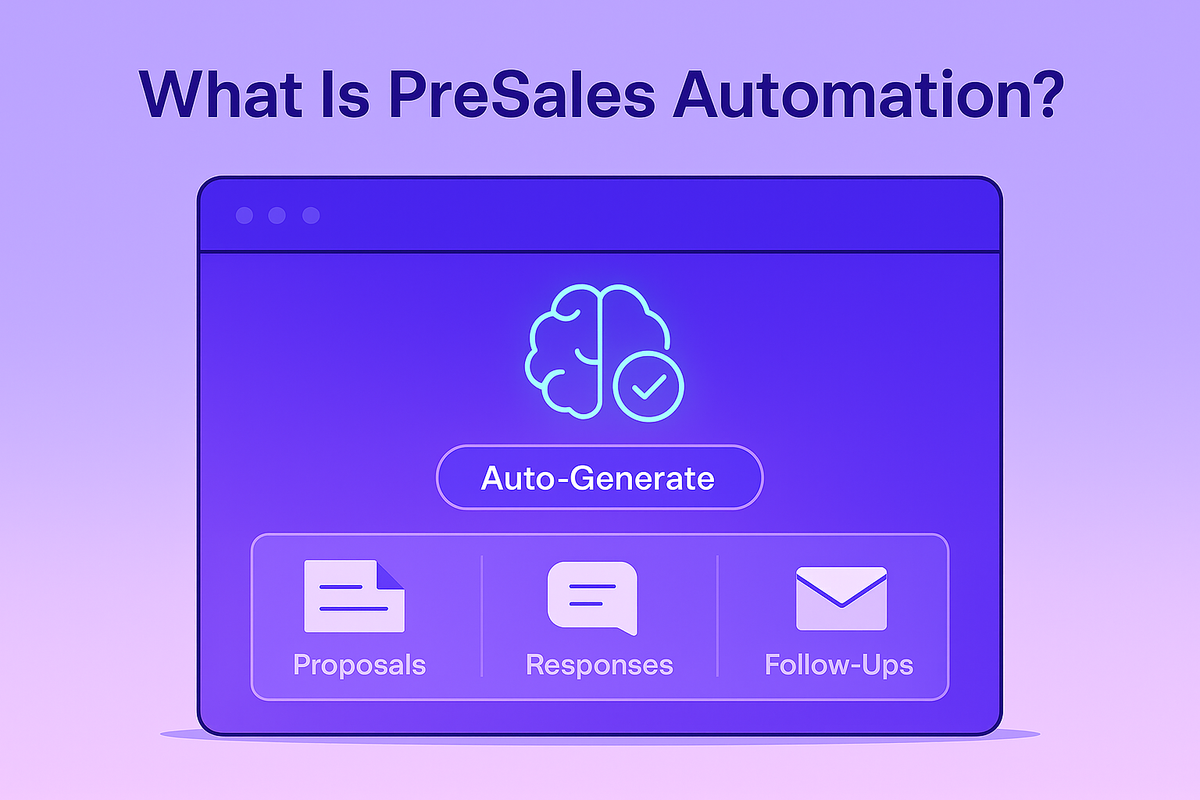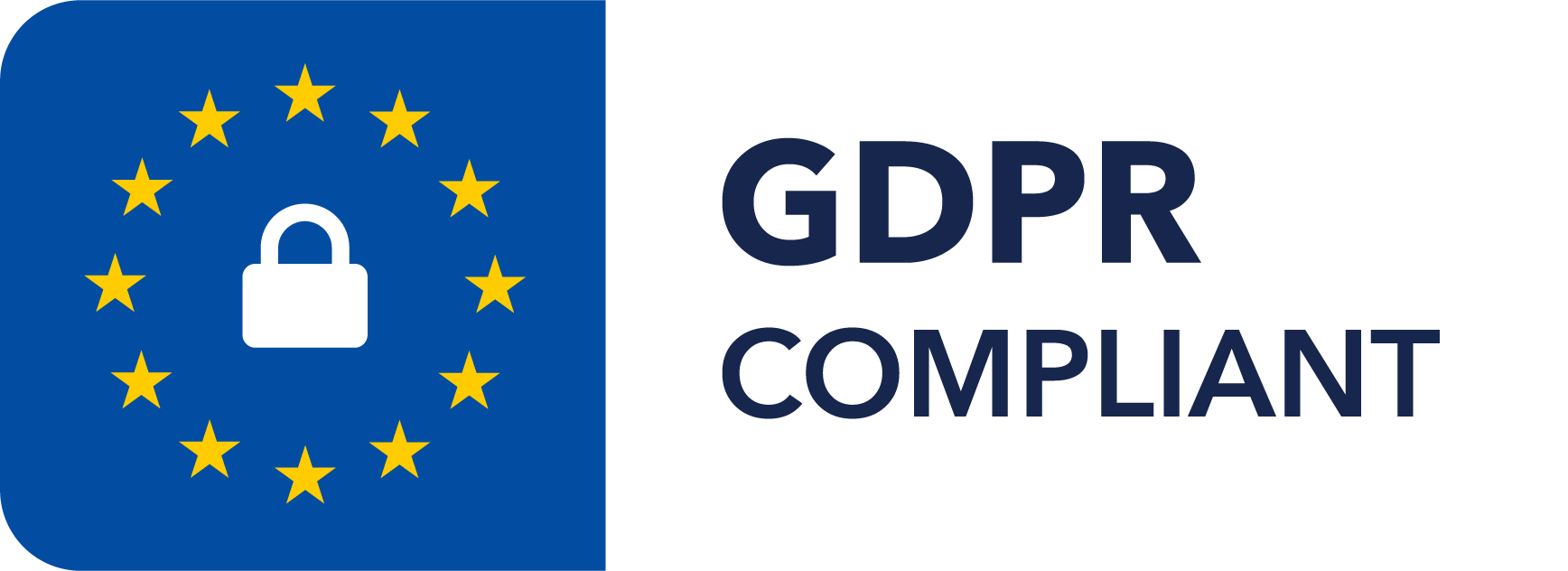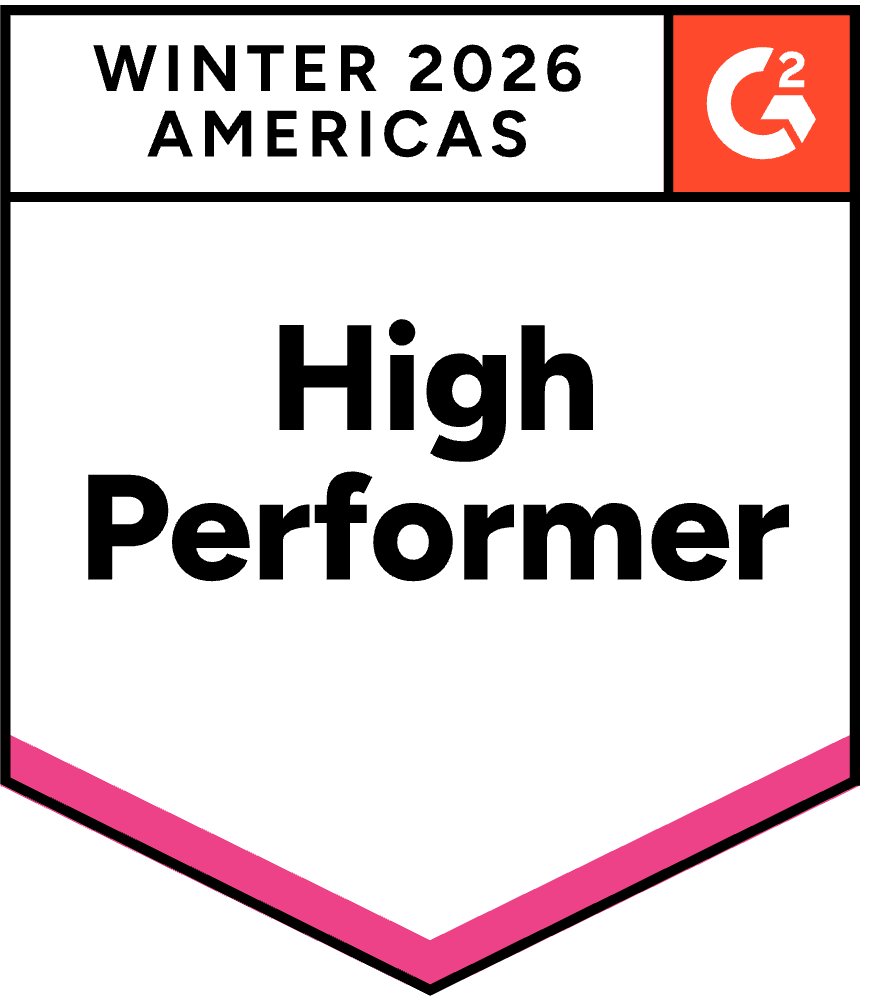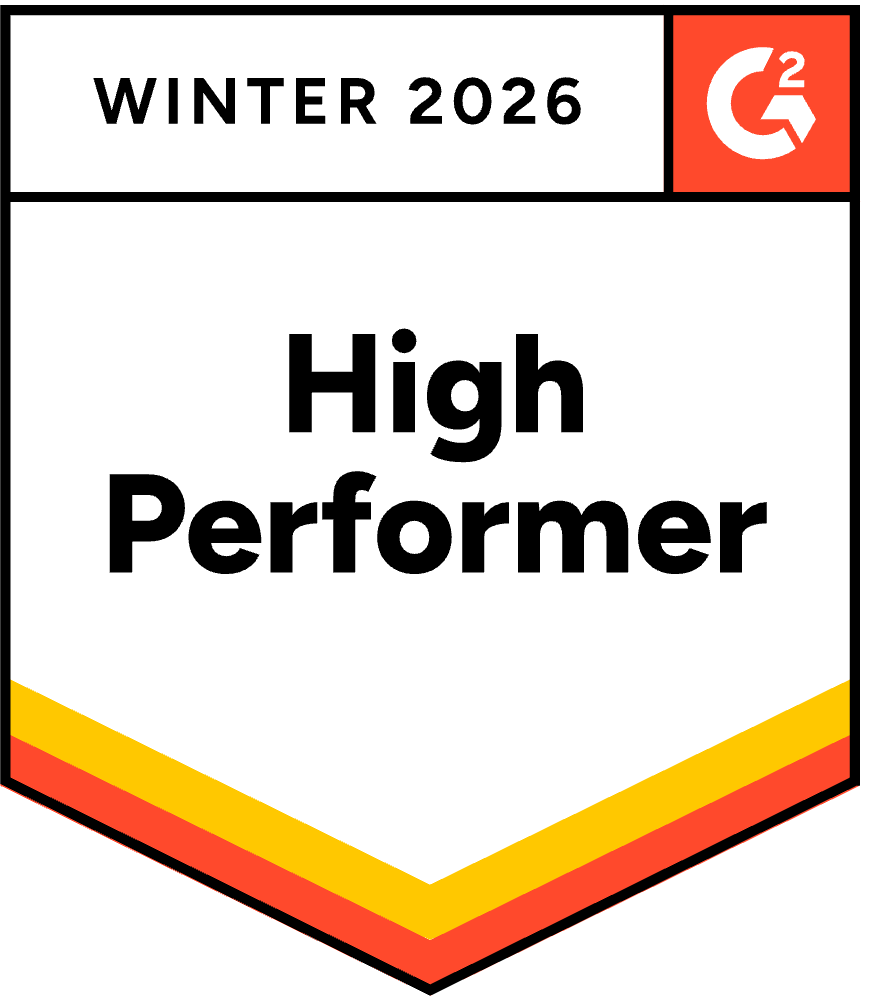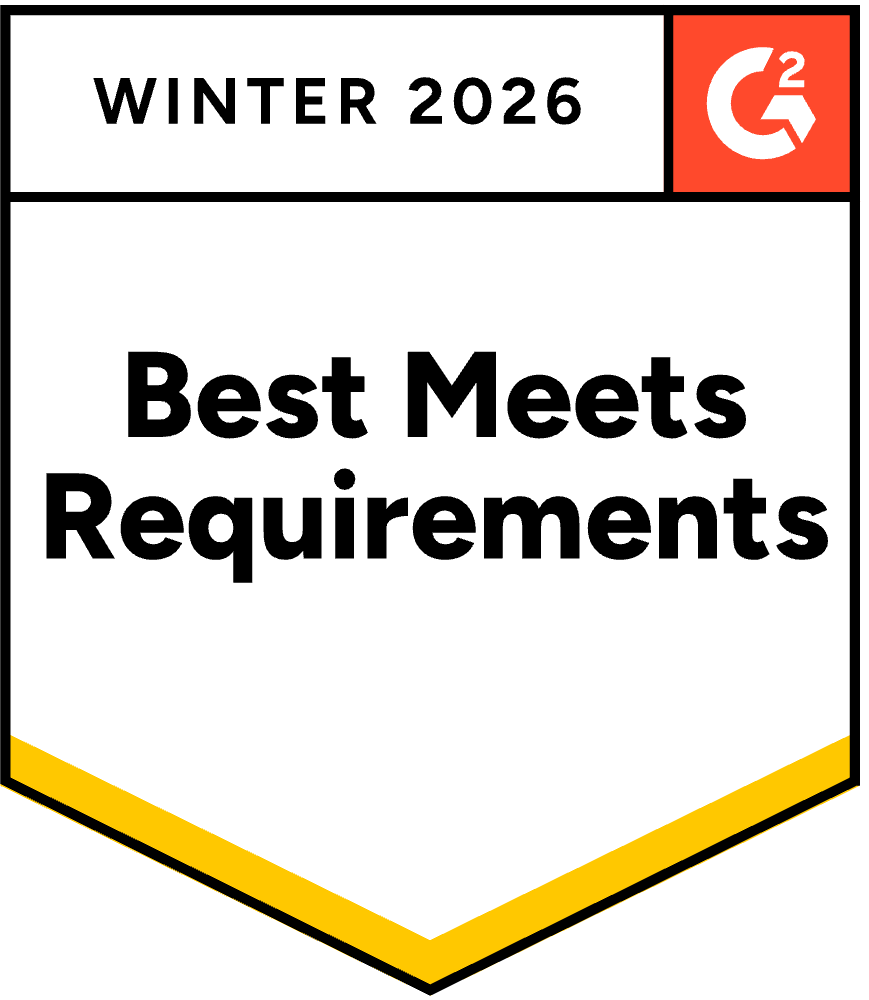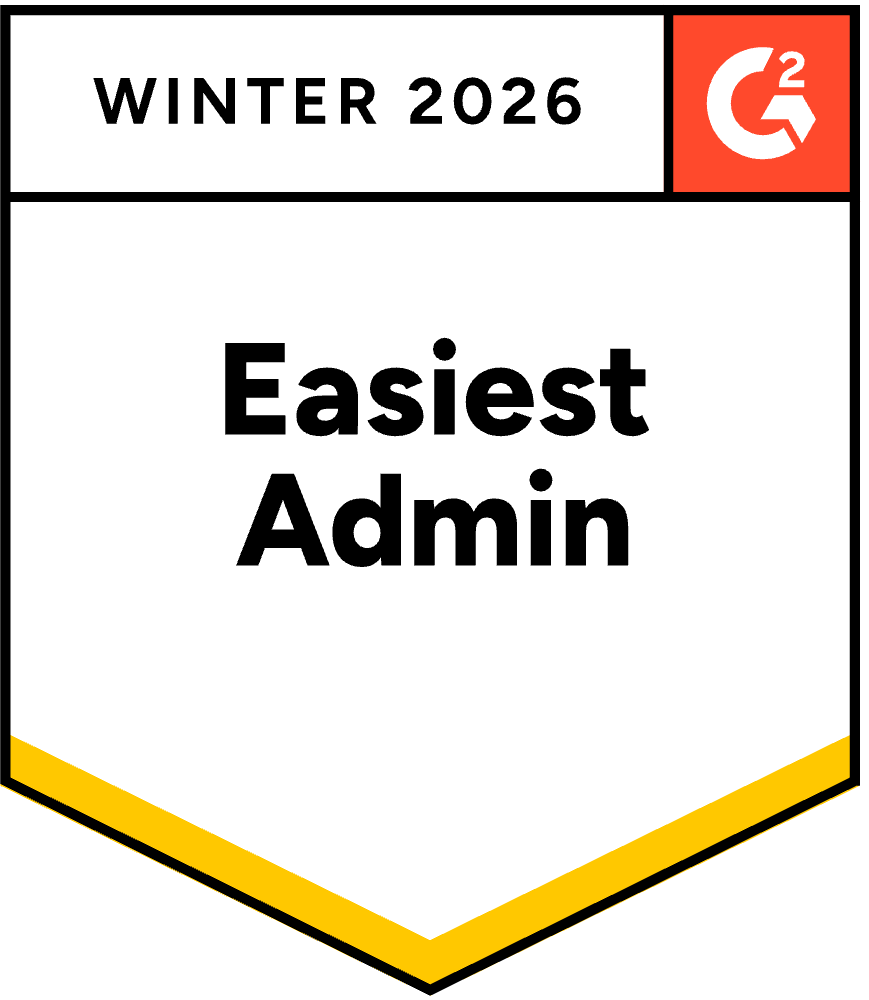DDQ Automation for Asset Managers: Complete Guide
July 15, 2025
By
Evie Secilmis
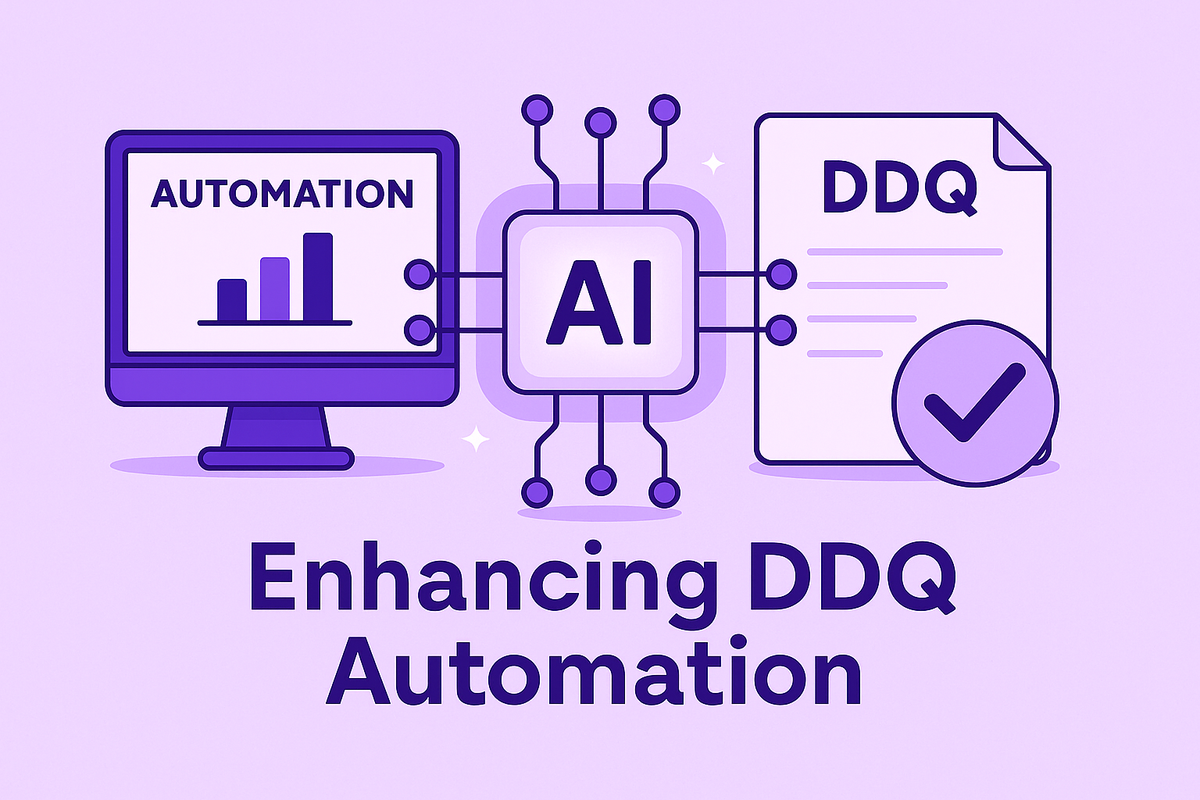
What Is DDQ Automation (and Why Asset Managers Need It)
Asset managers face growing pressure to respond quickly to institutional investors without sacrificing accuracy, compliance, or security.
One of the most resource-intensive parts of that workflow? Completing Due Diligence Questionnaires (DDQs).
With DDQ automation, firms save time, reduce manual risk, and build investor trust—all while staying audit-ready and compliance-aligned.
Learn the fundamentals in DDQ Meaning: Explanation, Use Cases & Templates.
What Is a Due Diligence Questionnaire?
A Due Diligence Questionnaire (DDQ) is a standardized document used by institutional allocators to assess a firm’s operational controls, compliance programs, investment rigor, and risk posture.
It’s a key part of investor relations and compliance workflows, ensuring transparency and accountability across the fund’s structure.
Deepen your foundation with the Due Diligence Questionnaire glossary entry.
For the security side of diligence, explore Security Questionnaire Automation.
Why DDQs Matter in Asset Management
DDQs are more than compliance paperwork — they are a trust-building mechanism that signals:
- Regulatory discipline
- Operational maturity
- Strong cybersecurity governance
- Transparency in strategy and processes
When handled effectively, DDQs demonstrate that a firm is institutionally ready, proactive about risk management, and aligned with investor expectations.
Challenges With Manual DDQ Workflows
Manual DDQ processes create bottlenecks across investor relations, compliance, and operations teams. Common pain points include:
- Time-intensive data collection
- Outdated or inconsistent responses
- Version-control confusion
- Slow investor onboarding cycles
Manual DDQs don’t just consume time—they create risk exposure. That’s why automation is becoming standard practice across modern fundraising and compliance teams.
How DDQ Automation Works
DDQ automation platforms centralize approved responses, compliance policies, and supporting documentation—then auto-populate questionnaires accurately, consistently, and securely.
Core Benefits
- Faster allocator turnaround
- Centralized content hub with governance
- Higher accuracy and consistency
- Real-time collaboration and approvals
- Secure access with version control
For comparison, explore automation in Proposal Automation: Why It Matters and sourcing automation in AI Procurement Software.
Choosing the Right DDQ Automation Platform
When evaluating DDQ automation software, look for platforms that integrate seamlessly with your compliance and investor relations stack.
Key features to prioritize:
- Integrations with CRM, GRC, and compliance systems
- Detailed audit history and role-based access control
- Template versioning and content ownership
- Scalability across funds, geographies, and strategies
Learn how different request types compare in RFP vs RFI vs RFQ.
Best Practices for Implementation
To make the most of DDQ automation, asset managers should:
- Build a centralized knowledge library for approved content.
- Assign content owners (compliance, IR, security).
- Refresh and validate data quarterly.
- Track speed-to-complete metrics to measure ROI.
- Standardize templates for repeatable efficiency.
These practices ensure your team scales DDQ completion without compromising accuracy or oversight.
Connecting DDQ Automation to Broader Fund Operations
While DDQ automation primarily improves investor communications, its impact extends far beyond due diligence. Centralizing responses and policies creates a single source of truth that also benefits internal audits, compliance testing, and portfolio reporting. Teams can leverage the same validated content library across vendor risk assessments, client onboarding questionnaires, and ESG disclosures—eliminating redundant work and strengthening data integrity across all operational processes.
Integrating Automation With Compliance and Technology Teams
Implementing DDQ automation successfully requires collaboration between compliance, investor relations, and IT. Compliance ensures content accuracy, while IT safeguards data security and access. By working together, teams can map out permission structures, establish update cadences, and integrate the automation tool with systems like Salesforce, Archer, or other GRC platforms. This alignment ensures that automation supports—not replaces—existing oversight frameworks, making the process both efficient and regulator-ready.
The Future of Due Diligence in the AI Era
Artificial intelligence is redefining how asset managers approach investor communication and compliance. Beyond automating responses, next-generation DDQ platforms analyze allocator patterns, predict common follow-up questions, and highlight areas of potential risk before submission. As AI capabilities evolve, firms that adopt these intelligent systems early will set the new benchmark for operational excellence, transparency, and responsiveness in investor relations.
Key Takeaways
✅ DDQ automation shortens allocator response cycles.
✅ Consistency and governance improve investor trust.
✅ Centralized content reduces risk and manual effort.
✅ Automation + AI create scalable operational efficiency.
Continue Learning
Final Thoughts
In today’s environment of heightened regulatory expectations and investor scrutiny, DDQ automation is no longer optional—it’s a competitive advantage.
Asset managers who adopt automation not only respond faster but also demonstrate governance, transparency, and trustworthiness—key factors for attracting and retaining institutional capital.
Share this post
Link copied!



